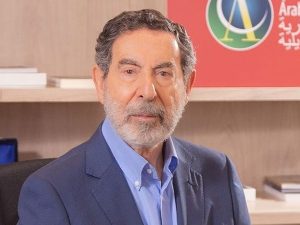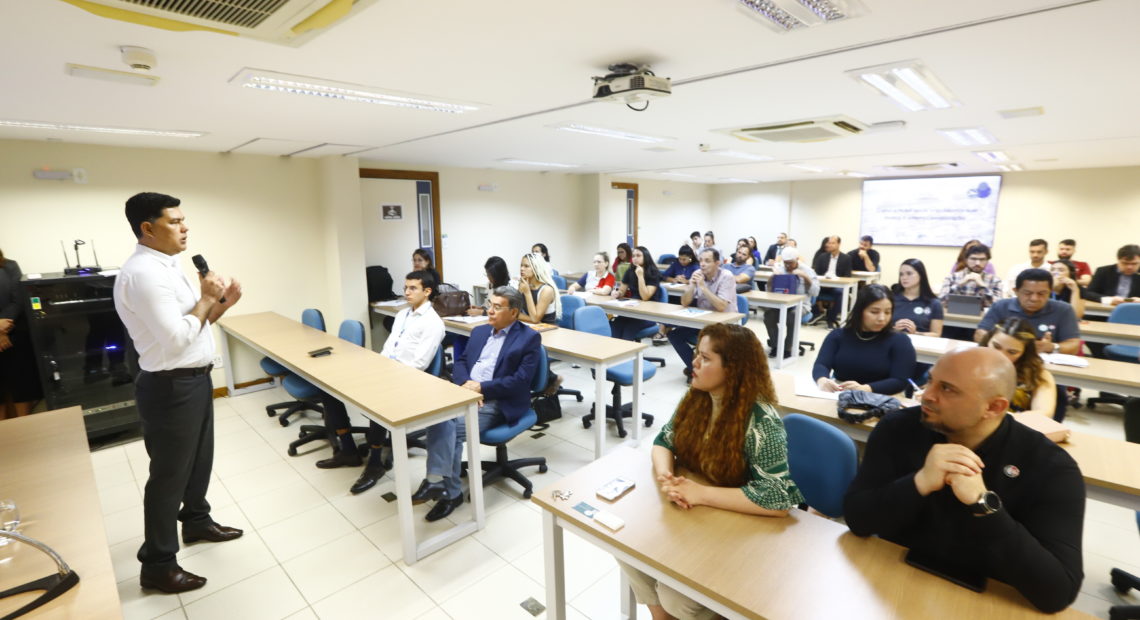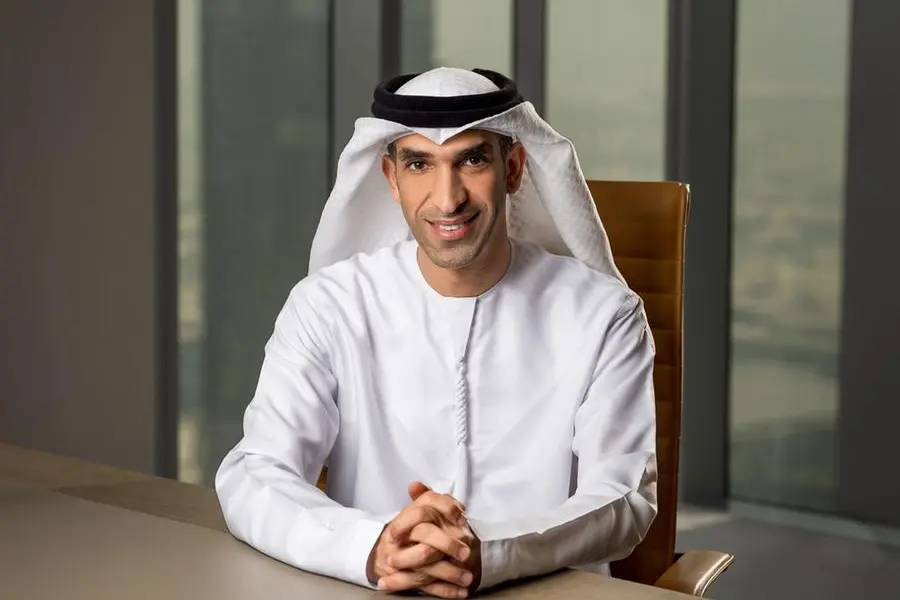The number of Brazilian meat processors seeking halal certification has grown rapidly within the last few years but may be leveling off, according to a main halal certifier at the 10th biannual TecnoCarne trade show in São Paulo.
Reasons include the weak dollar’s affect on certified meat abroad and Brazil’s growing middle class, which is buying more meat at home, Sheikh Ali Achcar, religious affairs spokesman for CDIAL HALAL Brazil, told reporters.
More than 70 poultry and beef processors in Brazil and Uruguay are now halal certified and have specialty meat preparers placed in-company by the organization CDIAL HALAL Brazil, which has been permitted by every Arab country in the world to pursue certifying Brazilian meat producers.
More than 100 countries in the world with Arab populations now receive halal-certified meat products from Brazil, with roughly 85,000 metric tons per month being exported by producers certified by this organization alone.
But the halal fever amongst Brazilian meat processors may be cooling, said Achcar. As the American dollar has consistently lost value against the Brazilian real currency over the last year, halal-certified products have become more expensive for producers to export.
In addition, Brazil’s growing middle class is boosting demand for meat products at home, motivating a small but growing handful of meat producers to drop their halal-certified efforts altogether and refocus that meat for domestic sale, where they are able to turn more profit.
Brazilian halal-certified poultry processors, however, are trying to hang on to their market share, despite the currency disadvantage.
In many Gulf countries, chicken and rice is a cultural diet staple that is consumed daily. It is an incredibly valuable, reliable consumer base that Brazil’s biggest poultry producers don’t want to lose, explained Achcar.
With Brazilian halal-certified poultry becoming more than twice as expensive as it was five years ago, some producers like Sadia are still selling poultry to Middle Eastern markets at a loss, he said, just to ensure those societies maintain poultry as a main part of their diet.
Source: newsroom – meattradenewsdaily.co.uk



